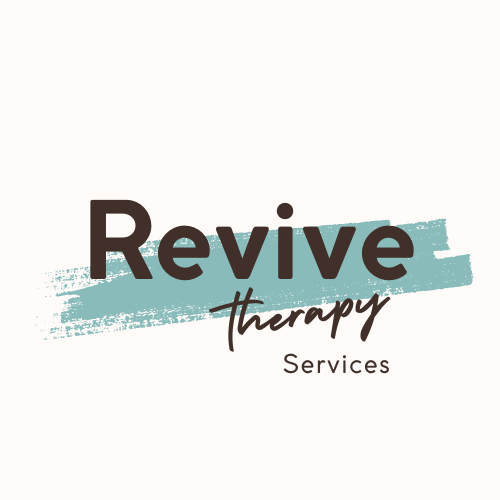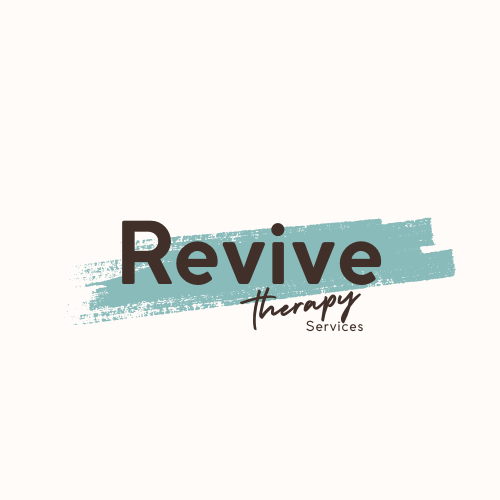Intuitive Eating…What The H*ll Is It?
The concept of Intuitive Eating (IE) is becoming more popular, especially as a way to treat disordered eating and eating disorders. Despite this, I find that many people don’t fully know what IE actually means and how to apply it to their lives. A popular thing I hear from clients when we discuss IE is that they associate IE as almost a “free for all” around food. The mainstream media also paints a picture that Health at Every Size(HAES) and IE is “enabling” people to engage in “unhealthy” behaviors. This depiction of IE is inaccurate and limits people’s desire to learn more about what IE and HAES are.
So What is Intuitive Eating?
According to the National Eating Disorder Association (NEDA), Intuitive eating is about “trusting your inner body wisdom to make choices around food that feel good in your body, without judgment and influence from diet culture.” Your body has this unique ability to tell you what it needs; unfortunately, through diet culture, many of us have lost the ability to listen to our bodies. Take a minute and think about how children have this innate ability to eat when hungry and stop when complete. Most of the time, children are pretty attuned to their hunger and fullness cues. They could have chicken nuggets and fries on their plate, and after eating half of the container, they can stop eating because they’re full. Intuitive eating can help us get back to that childlike intuition around food.
Now That We Know What is Intuitive Eating, Why Use It?
Intuitive Eating is a fantastic way to improve your relationship with food and your body. Many diets out there claim to enhance your relationship with food. However, most of them have rigid rules and restrictions. I’m sure you’ve heard of many of them, such as Atkins, Weight Watchers, Paleo, Whole 30, and even Noom. Intuitive Eating has ten principles that help you attune more to your body, its needs, and what foods feel best for it. These principles aren’t rigid and are supposed to teach you to have a flexible relationship with food. IE also promotes self-compassion and radical acceptance, which other diets do not.
Intuitive Eating is not about weight loss.
For many, the idea that IE doesn’t focus on weight loss turns them off immediately, which I get because we’ve been told since the get-go that weight loss is the most crucial factor in improving your health. What can make IE difficult for many people is that they need to drop the dieting mindset. Why? Because diets don’t work. Diets can work on a short-term basis, but many people cannot sustain weight loss on a long-term basis. Engaging in IE improves one’s overall relationship with food (on an emotional and physiological level) for the long haul.
Intuitive Eating isn’t giving up and just eating whatever
A big concern I hear from people is that IE is free for all “pass” to do whatever the heck you want. IE is based on ten principles to improve your relationship with food. It highlights the importance of listening to your body and honoring what it wants. IE also acknowledges that we are human and most likely will have times when we cannot fully engage in IE. It’s not a rigid set of rules that confines and limits you. The intention is to bring freedom and joy to your relationship with food. It is work, though! It takes intention, mindfulness, and planning.
When you should wait to use Intuitive Eating.
If you are currently struggling with an active eating disorder, it’s best to hold off on trying to fully use IE without the guidance of a dietician and mental health professional. The reason is that those with eating disorders often struggle with hunger and fullness cues. For instance, it’s common for those struggling with anorexia not to have hunger cues. It’s hard to follow IE when your hunger cues aren’t present.
Learn more about What intuitive eating is with a Skilled Online Therapist in Pennsylvania.
Disordered eating starts with small things until it becomes too big and out of control. It can be scary and shameful to deal with. If you find yourself reducing social contact due to body image issues or not eating around friends and family, get help. When working in eating disorder treatment and body image therapy with Revive Therapy in Pennsylvania, you will work with Hannah Guy, your online eating disorder therapist. When you’re ready to get started, follow these simple steps:
Meet your eating disorder therapist, Hannah Guy
Start gaining control with body image and the food you desire!
Other Services at Revive Therapy
Getting therapy support is perfectly OK! You deserve a space to talk through life events that may be holding you back. Whether this is your first time in therapy or you’ve been here before, I am here to help you process, work through, and move toward your goals healthily and sustainably. I offer different services if you’re looking for other services at Revive Therapy in Pennsylvania. This includes PTSD treatment and trauma therapy, body image issues, binge eating, and more. I offer support with EMDR therapy if you need more specialized help. Additionally, all services are provided via online treatment in Pennsylvania. When you’re ready for approval, call now!




